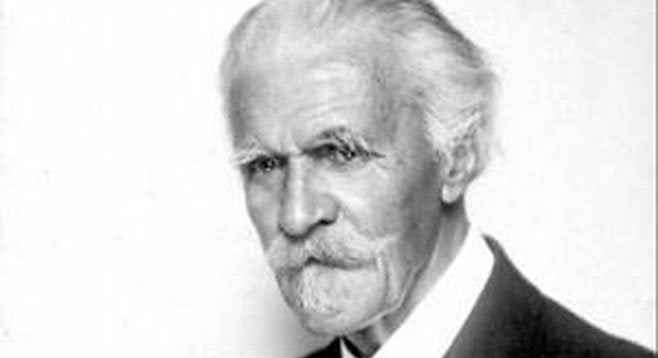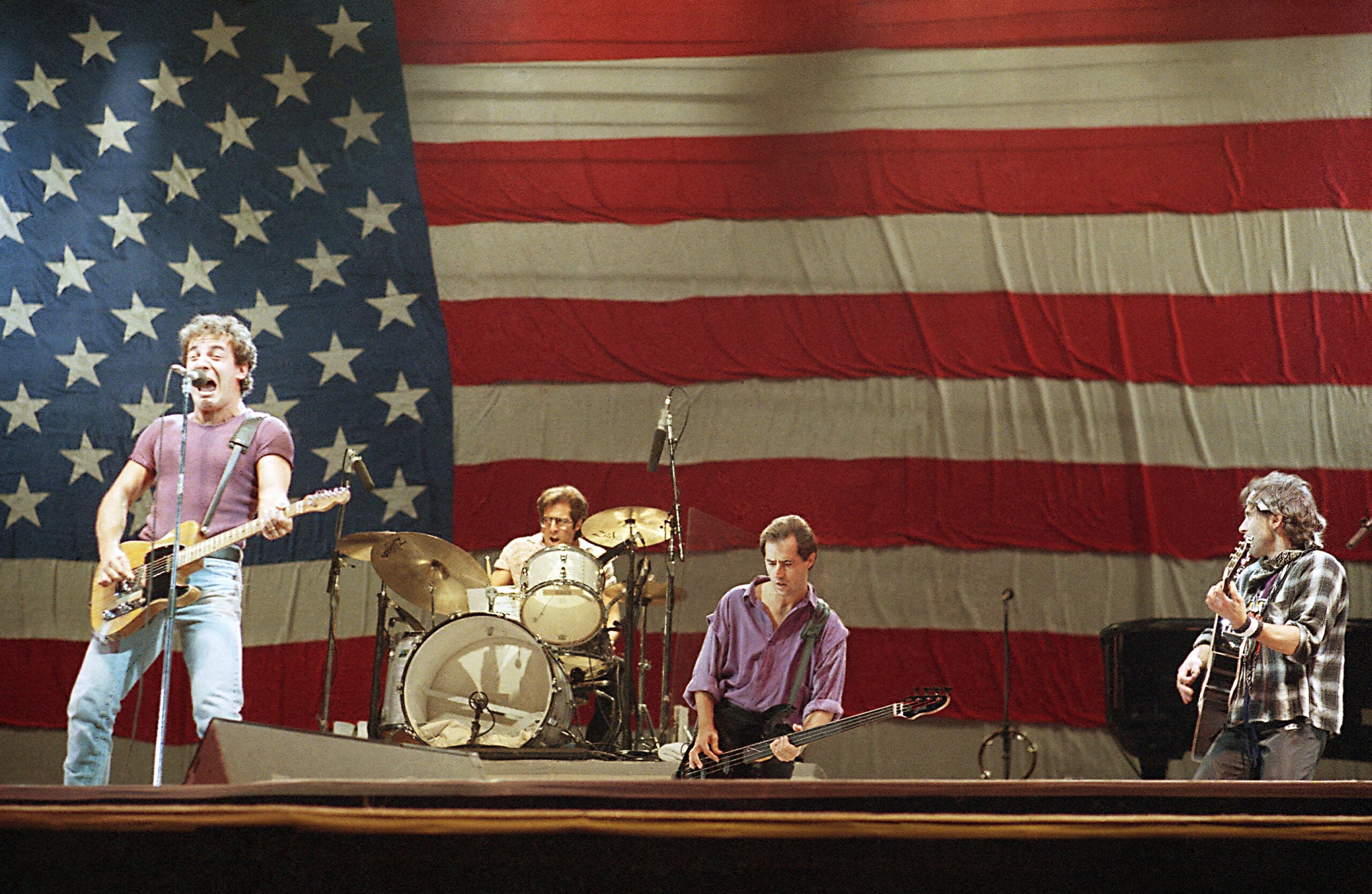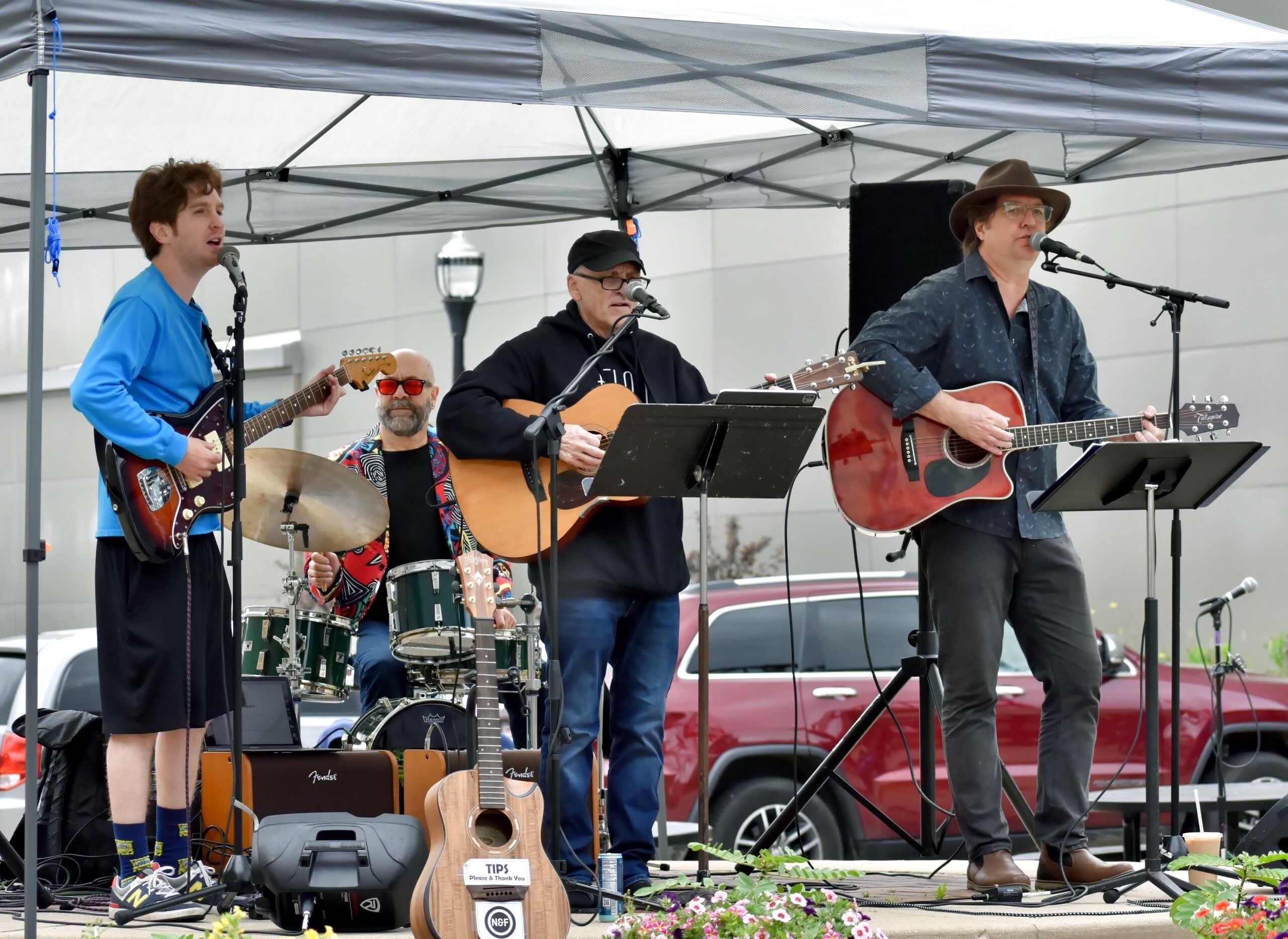Dissatisfied with the quality of teaching at the Paris Conservatory, Vincent d’Indy and two colleagues had founded the Schola Cantorum in 1894 as a way of raising the standard of music education in France.
He was not about to let anything close it down, including a German bombardment.
In March of 1918, as World War I began to turn against them, the Germans launched a last-ditch offensive along the entire Western front, putting more and more pressure on Paris. From seventy-five miles away, they pounded the French capital with giant howitzers known as “Big Berthas” and rattled the city further with bombing raids.
Stay informed on the latest news
Sign up for WPR’s email newsletter.
During his walks through the city, d’Indy became fascinated by falling incendiary bombs and the rumbling reply of the defensive guns, which he compared to an organ pedal-point. He was in the Square de l’Observatoire when a shell exploded nearby. As if to demonstrate his calm, he went over and measured the crater, determining it to be four or five meters in diameter.
Despite the danger, he kept the Schola open.
When the police dispersed an audience that had gathered for a performance of Beethoven’s Missa Solemnis, d’Indy was quick to see the irony. “The sabotage of Beethoven by the krauts,” he scoffed, “that’s original.”
He scolded inattentive students exhausted after spending nights in underground shelters, saying, “You would be much better off in your bed. At least there’s no risk of getting rheumatism.”
But his soldierly resolve faltered when a shell hit the roof of St-Gervais-et-St-Protais Church and killed a hundred people attending a concert, including a student from the Schola.
After consulting with his staff, he decided, nonetheless, to keep the Schola open. He expressed his gratitude to all of his colleagues who had remained at their posts and replaced any staff members and students who had fled the city.
Wisconsin Public Radio, © Copyright 2024, Board of Regents of the University of Wisconsin System and Wisconsin Educational Communications Board.





